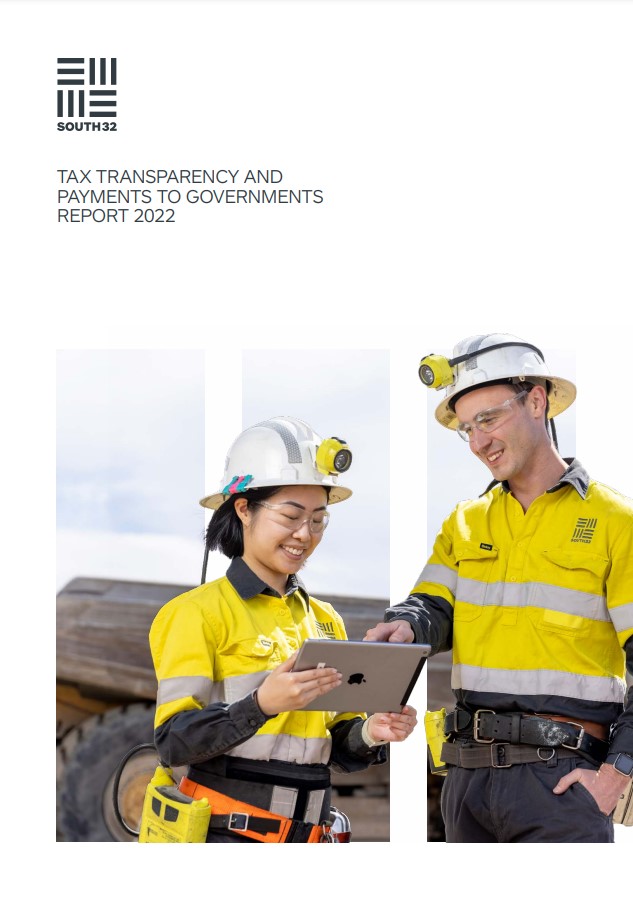
26 MARCH 2018
Tackling Modern Slavery in our Supply Chain
It’s likely you enjoyed your cup of coffee this morning. Can you confidently say that the beans in your coffee were collected and shipped free from the use of slavery?
And that’s just coffee…
What about the production of parts in your computer or smart phone, the extraction of minerals and metals or the sourcing practices in the seafood industry?
With a global estimate of 40 million women, men and children living in modern slavery today, it is difficult to determine if any supply chain is slavery free.
We have embarked on the journey of addressing modern slavery risks within our sphere of influence by emphasising collaboration and relationships, in addition to completing due diligence of our supply chain.
As a mining company with a large and complex global supply chain and operations across Africa, South America and Australia, we recognise that modern slavery in our supply chain is a real risk.
In line with our purpose, values and commitment to upholding international human rights standards, we are taking a proactive role in tackling this complex issue, working with our employees and our high-risk suppliers to raise awareness and actively address modern slavery. Our goal is to go beyond audits and be smarter about identifying supply chain risks by partnering with our high-risk suppliers to develop a collaborative and authentic approach to modern slavery in supply chains.
To do this, we engage in meaningful conversations with suppliers aimed at encouraging them to be more open with us and disclose areas for improvement that are not always discernible from audits alone.
We have published two Modern Slavery Statements under section 54 of the UK Modern Slavery Act 2015, outlining how we address modern slavery risks within our own operations and our supply chain, which can be viewed here. We are also an active supporter for legislation around modern slavery reporting requirements and made a submission to the Australian Parliament regarding the Joint Standing Committee on Foreign Affairs, Defence and Trade's inquiry into the establishment of a Modern Slavery Act in Australia.
Going forward, we will continue to focus on a collaborative and authentic modern slavery in supply chains approach. We will do this by enabling clear, frequent and honest communications with our highest risk suppliers and capacity building for suppliers and our internal teams to promote continuous improvement and common business goals. At a strategic level, we will continue to build relationships and work together with other companies to address modern slavery risks across shared supply chains.
We believe that by acting together, organisations and individuals can collectively diminish the demand for goods and services made using slavery.
Topics
